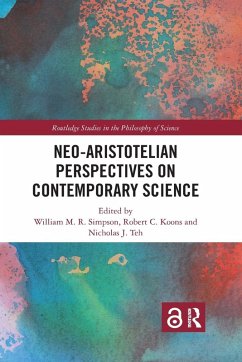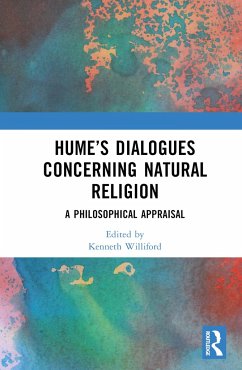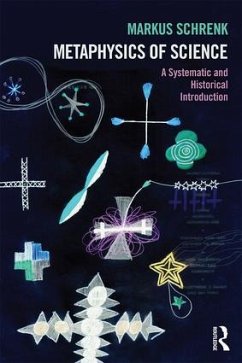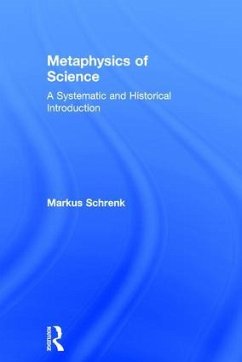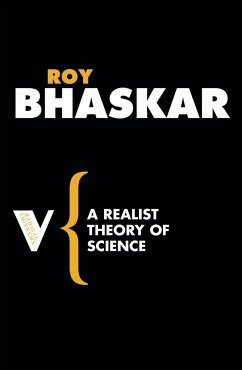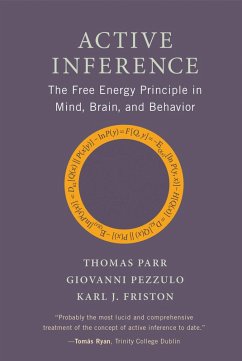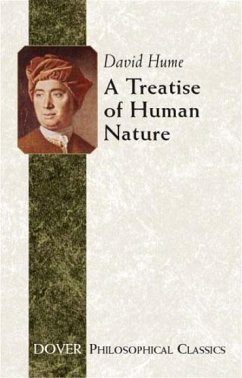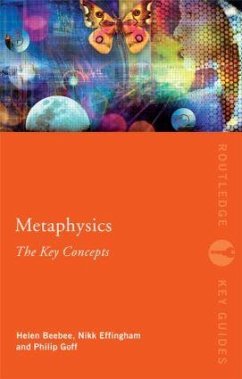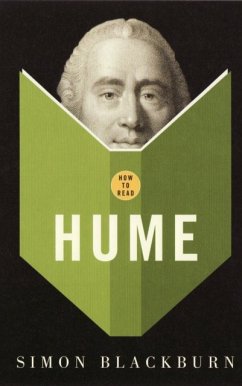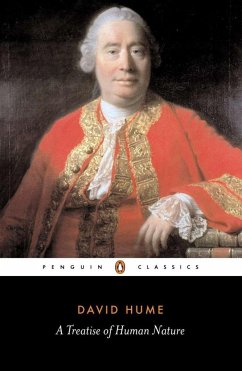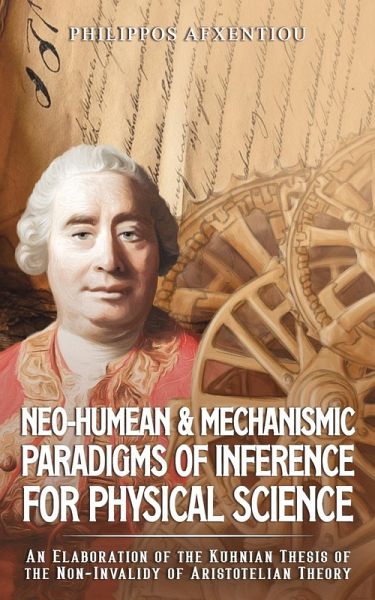
Neo-Humean & Mechanismic Paradigms of Inference for Physical Science

PAYBACK Punkte
5 °P sammeln!
In Neo-Humean & Mechanismic Paradigms of Inference for Physical Science, author Philippos Afxentiou explores the intersections of causality across physical and social sciences. This work presents an ambitious framework for unifying scientific inference across disciplines, from hard sciences like physics to more conceptually nuanced fields like social science. Drawing on both Humean and mechanistic theories of causality, the book critically examines existing scientific paradigms, addressing their limitations and proposing a path toward greater coherence in understanding causation. Afxentiou's e...
In Neo-Humean & Mechanismic Paradigms of Inference for Physical Science, author Philippos Afxentiou explores the intersections of causality across physical and social sciences. This work presents an ambitious framework for unifying scientific inference across disciplines, from hard sciences like physics to more conceptually nuanced fields like social science. Drawing on both Humean and mechanistic theories of causality, the book critically examines existing scientific paradigms, addressing their limitations and proposing a path toward greater coherence in understanding causation. Afxentiou's exploration of inductive reasoning, probabilistic causality, and multi-linear causation offers a compelling re-evaluation of what it means to establish a theory that bridges traditionally disparate fields. Ideal for readers with an interest in philosophy of science, this work brings clarity and innovation to one of the most complex debates in modern scientific thought.




